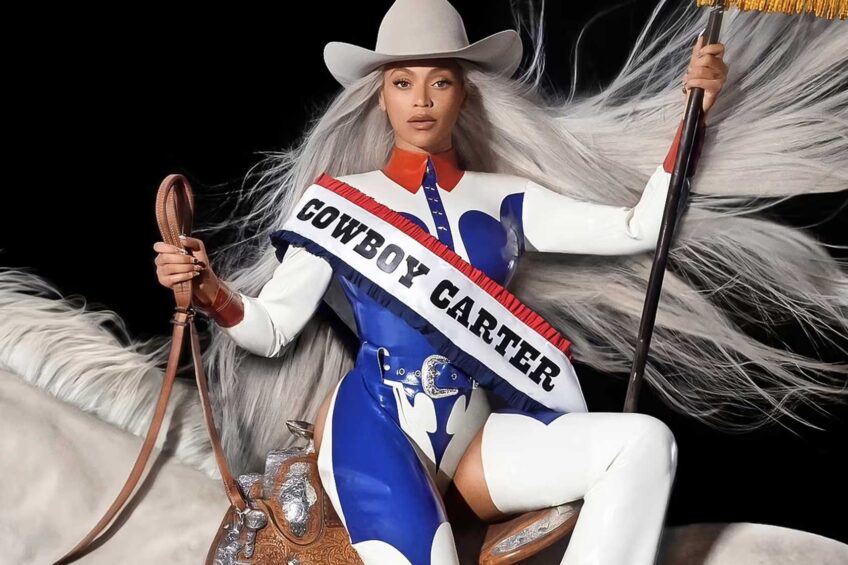There’s nothing new about the term critical race theory. The term goes back almost four decades. Then, a handful of Black scholars and writers came up with the term to name what for decades had simply been called battling racism. The reaction at first was — well, really, no reaction. It seemed a puzzling, overloaded and very academic term that was subject to just about any meaning and interpretation. Trump’s White House grab in 2016 changed that. He publicly demanded a cease-and-desist to any school district and/or teacher that dared stuff students with what he branded “left-wing indoctrination.” In plain English, he meant any mention of the pernicious history of racial bias in America.
Trump railed that this fanned the very racism that America had supposedly long gotten past. Worse, it scapegoated whites as the perennial bad guys for all of America’s racial sins. Trump followed his diatribe with an executive order that virtually wiped out any diversity training for federal employees.
Trump’s defeat ramped up the right-wing assault on the teaching of critical race theory. A pack of conservative writers, academics, bloggers, and politicians and especially Fox Network personalities, screamed loud and long that critical race theory was a new, sneaky insidious plot to indoctrinate, rearrange, distort, twist history and malign whites as the fount of all racial evil. GOP-controlled state legislatures quickly took the cue. The backlash has gained furious steam. According to an Education Week survey, two dozen states have introduced bills or taken steps to restrict teaching critical race theory or limit how teachers can discuss racism and sexism. Seventeen of these state bills lifted language straight out of the Trump executive order to try to ban anything that remotely smacked of critical race theory teaching.
The great fear of the conservative attackers, though, is not that teaching about America’s past and present history of racial and social injustice will poison the minds of minority students, but that that it could seep into curriculums and presentations to influence a lot of white elementary and highs schoolers. This could have a far-reaching political consequence. In that it could decrease the generational racial polarization that the GOP banks on to maintain political power and control in a nation that is on the verge of becoming an ethnic minority-majority nation.
The counterattack against critical race theory uses the same game plan used to oppose or roll back every past civil rights act, voting rights act and affirmative action plans. Indeed, anything in law and public policy that even smacks of race is always under conservative fire. Critical race theory opponents have latched onto and shamelessly mangled the color-blind mythology that any talk of racial bigotry and bias and its continued devastating impact on American society is racism. This deft turn the tables has made legions of school districts wary about touching the forbidden subject in any way.
U.S. Supreme Court Chief Justice John Roberts, a sworn enemy of using race in any form to shape law and public policy, in his opinion in a 2007 SCOTUS case on school assignment on whether race could be a factor in maintaining diversity in K-12 schools, was blunt: “The way to stop discrimination on the basis of race is to stop discriminating on the basis of race.” Critical race theory is exactly the discrimination that Roberts and the attackers have in mind. They are determined to purge it from any and every classroom in America.
Earl Ofari Hutchinson is an author and political analyst.





